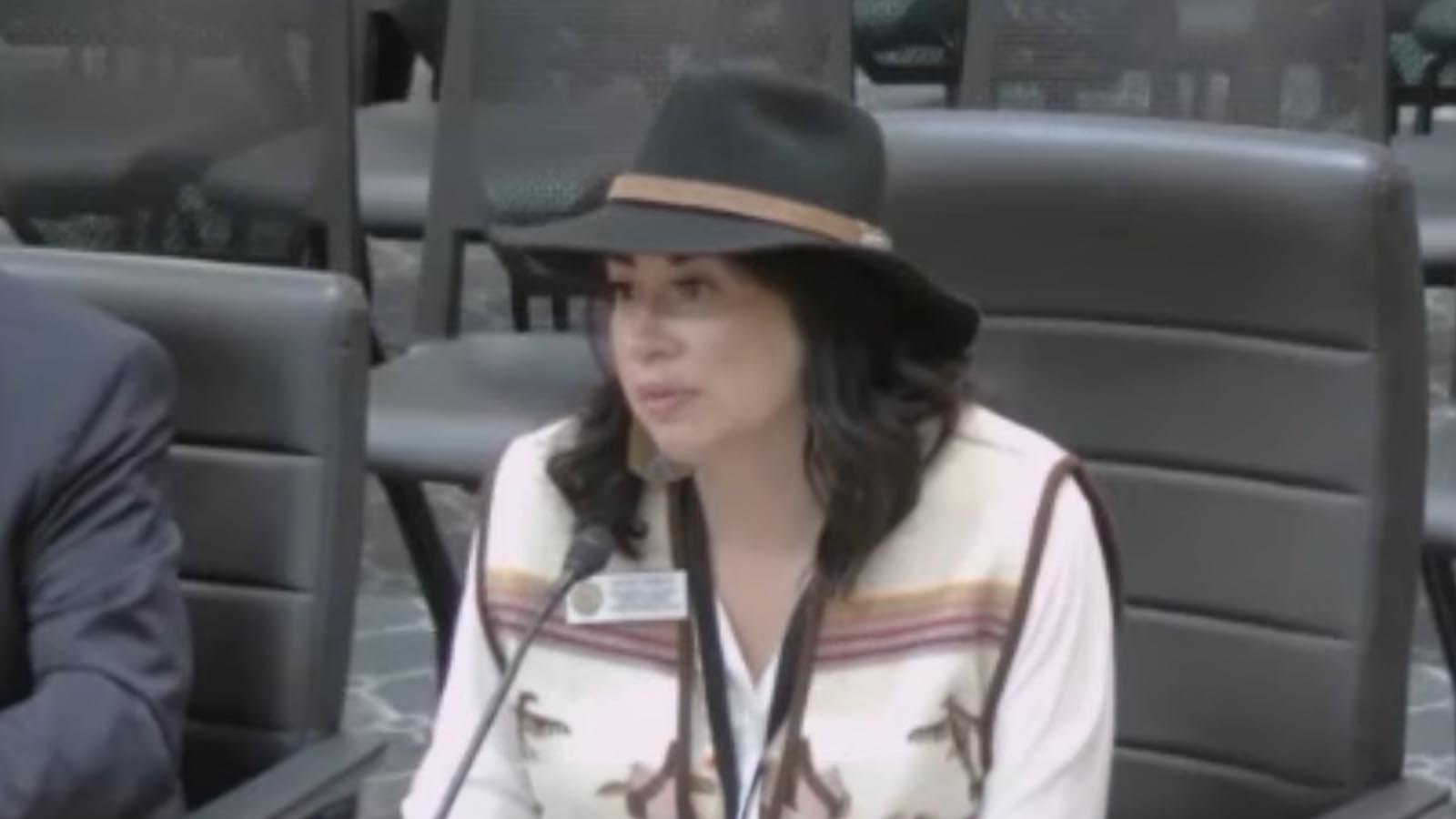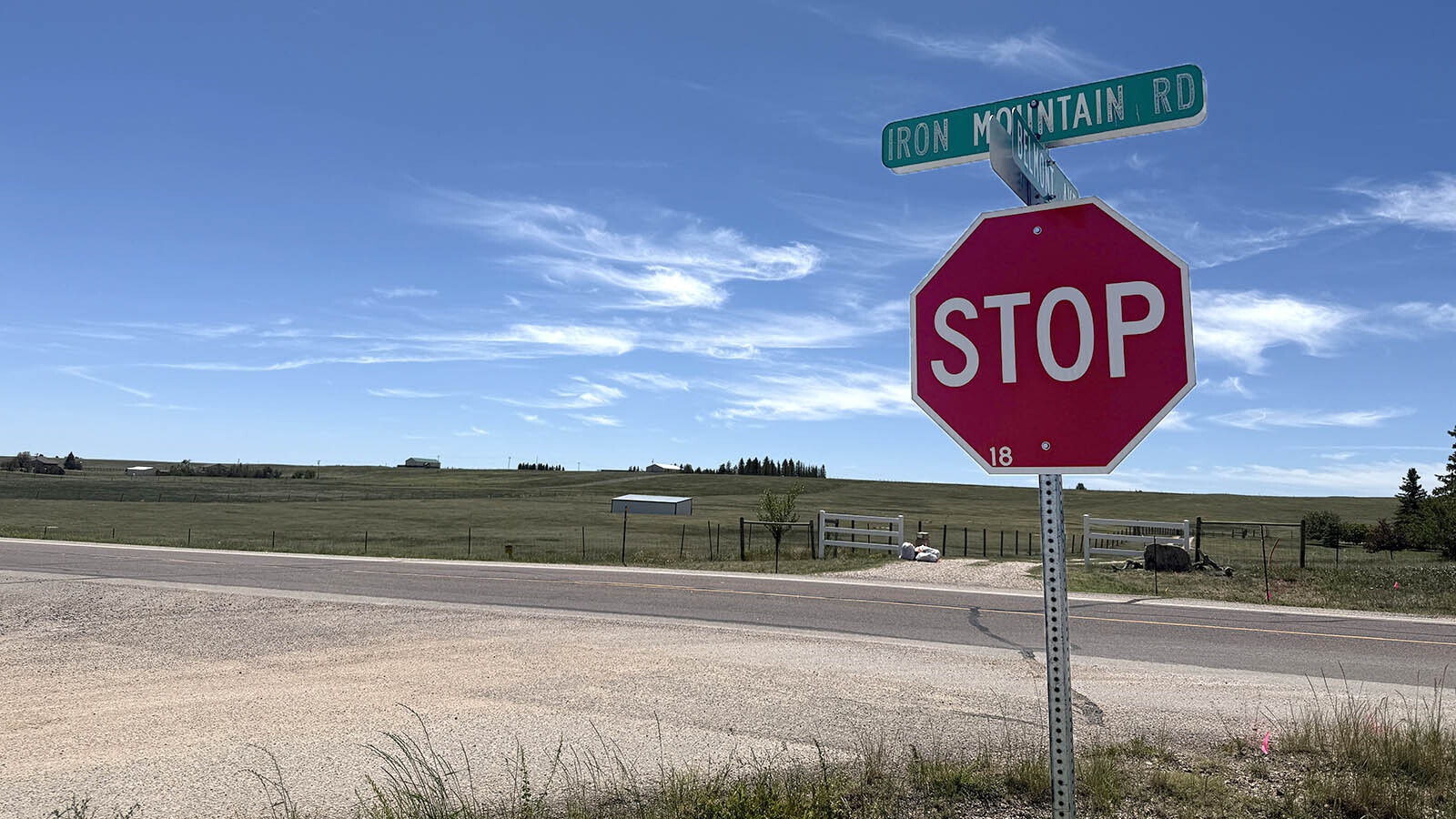Two draft bills that would provide additional resources to help state police clear cold cases sailed through the House Judicial Committee on Friday with limited pushback.
The first, House Bill 29, would provide a one-time appropriation of $150,000 to the Wyoming Division of Investigation (DCI) to create and maintain a statewide, cold case database.
The law would require all law enforcement agencies throughout the state to report all of their unsolved homicides and felony sexual assaults two years or older dating back to 1972.
Any additional money remaining from the creation of the database could be used for investigating cold case at the agency’s discretion.
Also passed by the committee Friday was House Bill 58, which gives DCI $150,000 over a five-year period to execute a forensic genetic genealogy (FGG) pilot program. The bill arose out of the Select Committee on Tribal Relations last fall as a means for tackling the problem of murdered and missing indigenous people (MMIP) throughout the state.
If passed, all state law enforcement agencies would be able to apply for a grant to use the technology.
FGG is an emerging tool to help law enforcement to solve homicides, sexual assaults and to identify human remains using DNA profiles that have been voluntarily uploaded into genealogical databases like GEDmatch in combination with traditional genealogy research to isolate distant relatives using family trees.
Most famously, FGG was responsible for the arrest of “Golden State Killer” Joseph DeAngelo in 2018, and most recently for the arrest of Bryan Kohberger, who is accused of killing four students at the University of Idaho last fall.
Impact On Families
All who spoke in favor of the bills acknowledged both would be helpful in helping clear cold cases, particularly with regard to homicides on the Wind River Indian Reservation.
Despite accounting for less than 3% of the state’s population, Native Americans account for 21% of all homicides, according to a 2021 report.
Anita Roman, tribal liaison for the Northern Arapaho Tribe under Gov. Mark Gordon’s office, shared her anecdotal experience of knowing seven women and one male in her life who have been murdered.
Only two of their killers have been brought to justice, she said.
When asked by House Judicial Committee Chairman Art Washut, R-Casper, to explain the impact these unsolved homicides causes to families in her experience, Roman choked up.
“It tears up families,” she said, explaining the generational devastation her sister-in-law’s unsolved homicide left on their family. “There's never going to be that person at the dinner table. There's nothing that we can do for her, you know.”
Why A Pilot Program?
Struggling to get his head around the technology of FGG as well as the nature of the pilot program, Rep. Mark Jennings, R-Sheridan, wondered that given the disproportionate number of homicides on the WRIR if the program shouldn’t be focused in Fremont County.
Cara Chambers, director of the Division of Victim Services in the Wyoming Office of the Attorney General, explained that the reservation falls under federal jurisdiction, excluding it from the statewide program.
Chambers further made the point that homicides of Indigenous people occurred in 22 of the state’s 23 counties and were not strictly located around reservation lands. Furthermore, Chambers noted, the program is available to all law enforcement agencies who could utilize the advanced tool.
“To be clear, this is available to anyone, and we have a plethora of cold cases that could benefit from this pilot project,” Chamber said. “It merely arose out of tribal relations because of the focus and the work of my office in the MMIP Task Force.”
Also speaking in favor of both bills was Allen Thompson, executive director of the Wyoming Association of Sheriffs and Chiefs of Police, who said that all agencies stand to benefit from access to the pilot program.
“I don't know that the genesis matters. I think that local law enforcement might have the opportunity to use this funding mechanism to continue a case that they otherwise wouldn't have the means to continue,” Thompson said.
HB 29 was passed unanimously with a vote of 9-0 while HB 58 passed 8-1 with Rep. Jeremy Haroldson, R-Wheatland, voted against.
Jen Kocher can be reached at jen@cowboystatedaily.com.





